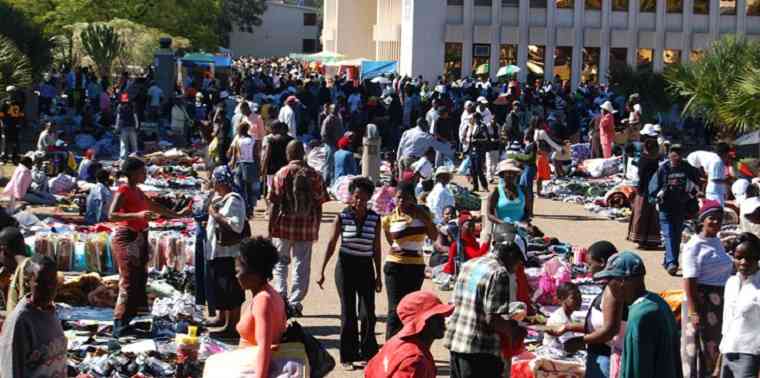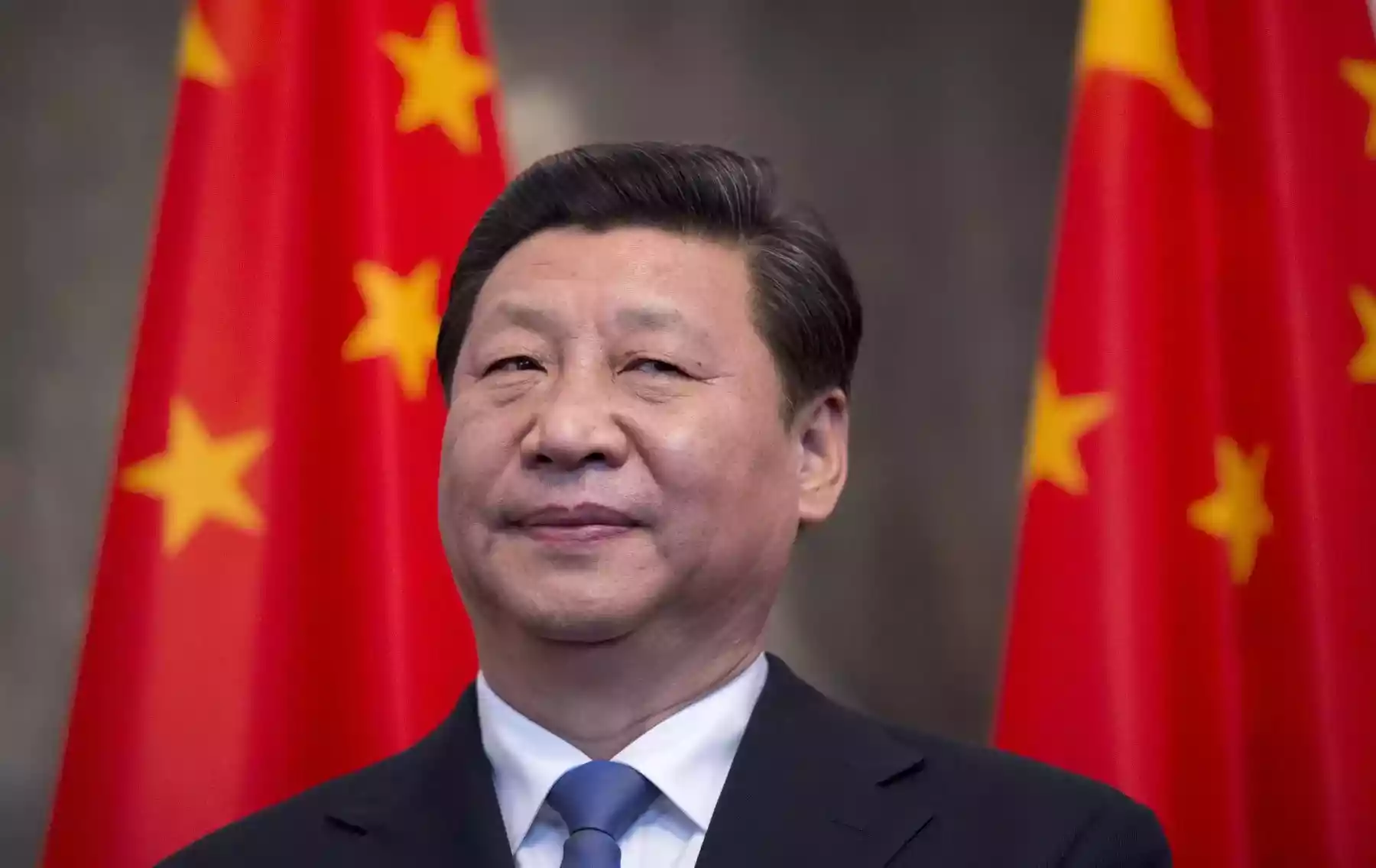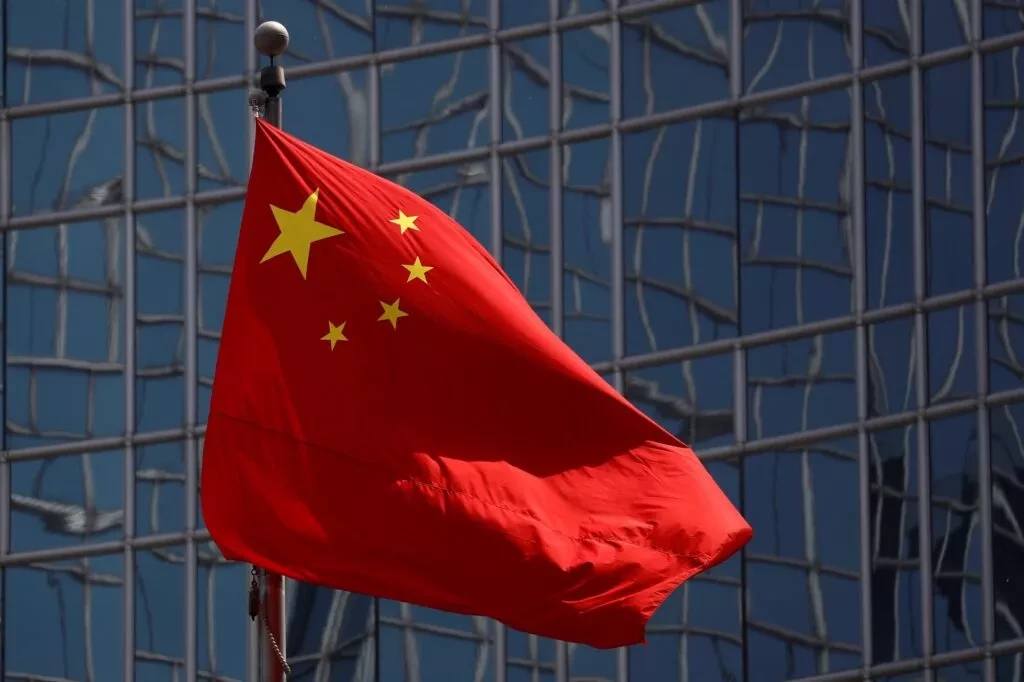
Since the turn of the millennium, Zimbabwe’s economy has been scarred by relentless de-industrialisation. Once thriving factories have folded, industries have shrunk, and tens of thousands of jobs have vanished. With no safety nets and little prospect of formal employment, millions of citizens turned to the informal sector to survive.
Over the years, this sector has evolved into the backbone of Zimbabwe’s economy. It cushions households, creates livelihoods, and fills the void left by a collapsing formal system. Today, the informal economy accounts for an estimated 76% of Zimbabwe’s GDP. Rather than recognising this resilience as an opportunity, government increasingly treats it as a threat.
Authorities have floated proposals requiring informal traders to adopt point of sale machines for traceable transactions. The Zimbabwe Revenue Authority has also demanded that commuter transport operators pay taxes before renewing licenses. These are not policies of empowerment, but of control. They reflect desperation to plug dwindling revenue gaps, not a coherent vision for growth.
At Old Mutual’s Better Future 2025 Summit, the Confederation of Zimbabwe Industries warned; taxing the informal sector heavily will misfire.
They are simply trying to put food on the table. For them, new levies, licenses, and compliance costs are not incentives to formalise but barriers that drive them further underground.
The world offers Zimbabwe critical lessons. Many Asian economies achieved industrial miracles by deliberately nurturing small businesses. Singapore created a business friendly environment underpinned by digitisation, skills development, and accessible SME support programmes. Malaysia launched digitisation grants, micro-credit schemes, and venture capital funding, while embedding training and mentorship into its growth strategy. The result was, SMEs became engines of growth.
Zimbabwe’s policy stance, by contrast, leans toward coercion. Government often argues that informal operators dodge taxes, undercut established firms, and deprive the fiscus of revenue. While these complaints are not without merit, they miss a larger point. Most informal businesses are not tax evaders but self-employment ventures. They are economic stopgaps in a system that has failed to generate sustainable jobs. Punishing them risks extinguishing the only spark keeping households afloat.
What Zimbabwe needs is not more levies but deliberate support. That means simplified registration processes, micro financing schemes, digitisation support and consistent policies. Encouraging voluntary compliance requires trust, not threats.
- Millers tussle over salary deal
- Poetry educates, entertains, says Chitungwiza poet
- Poetry educates, entertains, says Chitungwiza poet
- Millers tussle over salary deal
Keep Reading
The scars of the 2008 hyperinflation remain. Citizens still recall the collapse of trust in institutions and policy inconsistencies that ruined savings and destroyed confidence.
Rebuilding credibility cannot be achieved through heavy handed tax collection. It requires policies that make the informal sector feel like a partner in growth, not a target for punishment.
Formalisation must never be arduous. It should empower, not suffocate. If Zimbabwe is serious about recovery, it must resist the urge to police its hustlers into submission.











